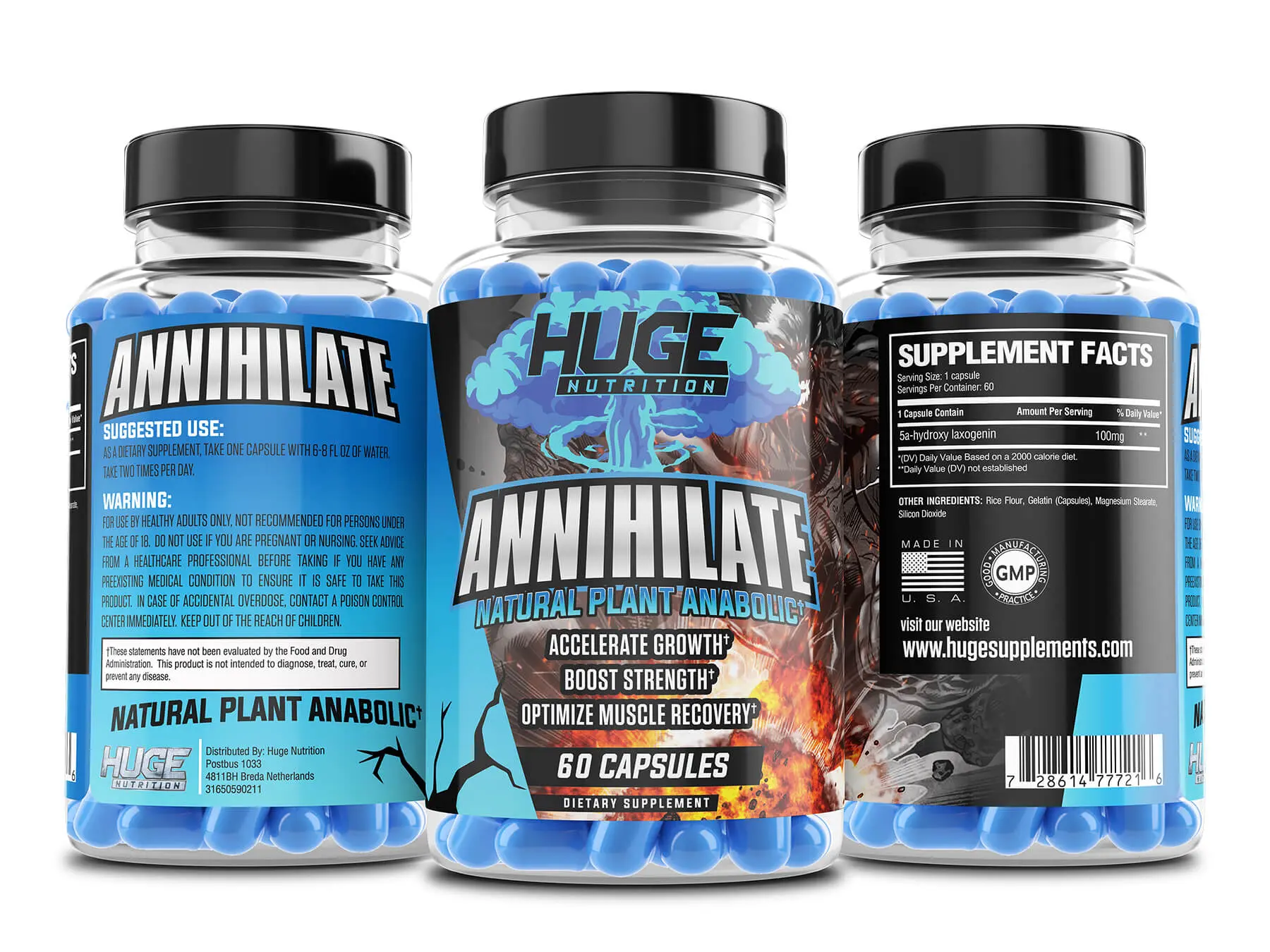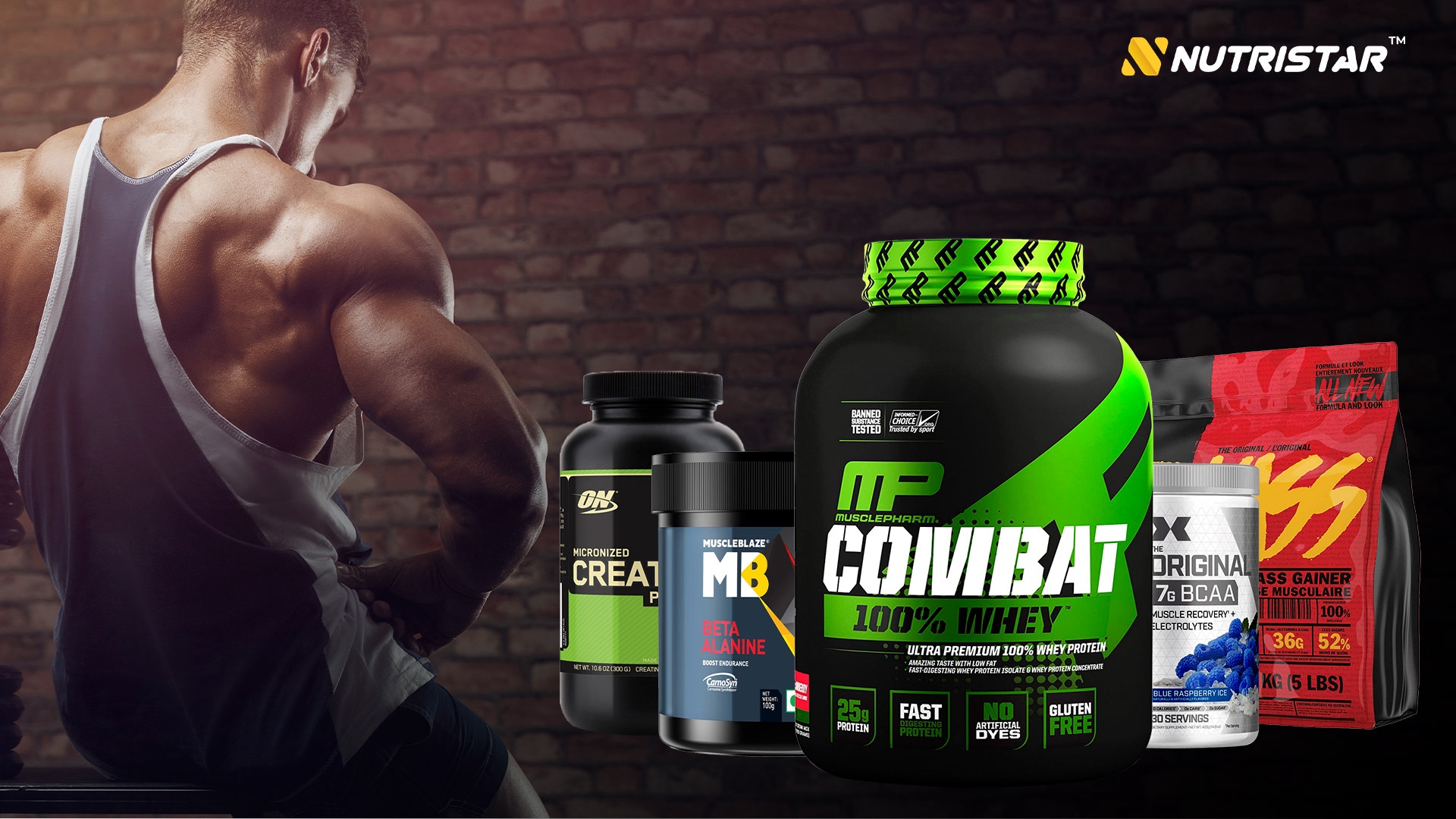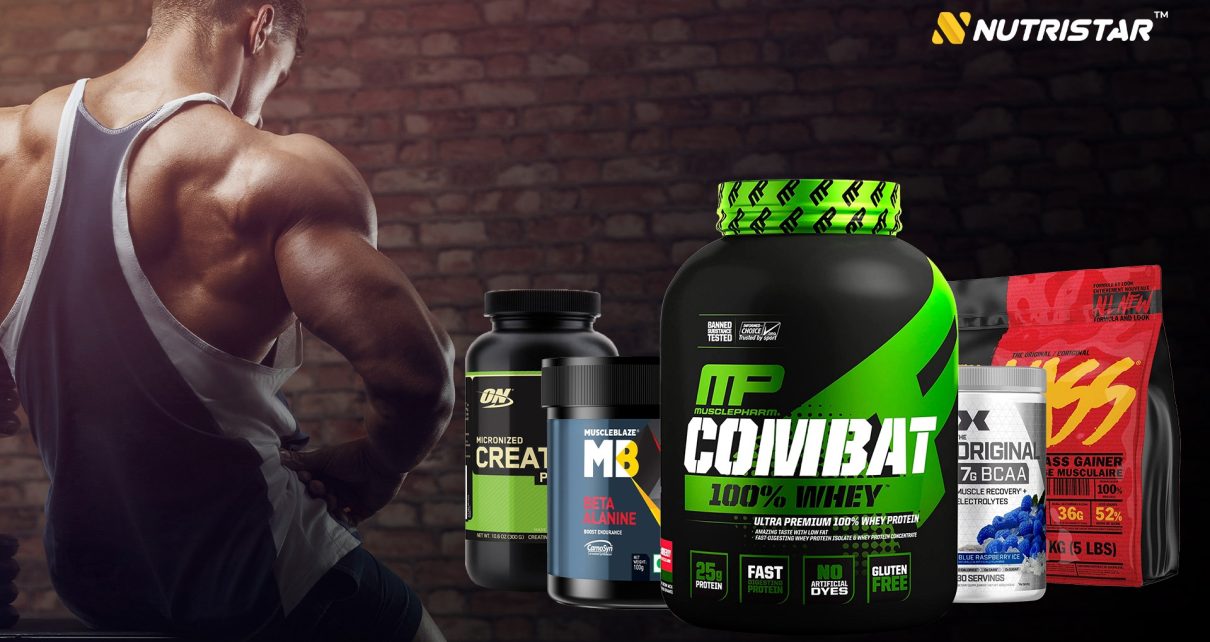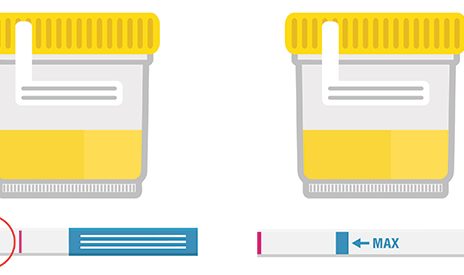Most people are familiar with the term “supplement.” They can be found in almost any grocery store, and they’re often seen as a quick fix to your diet. Unfortunately, many of these supplements don’t really provide that much benefit at all. They may even cause more harm than good. They should instead be avoided entirely.
Supplements aren’t necessary for healthy living. They only add unnecessary expense and risk taking into consideration. It’s better to focus on making smart food choices and exercises rather than putting money into supplements. The following paragraphs will discuss some of the most common types of supplements, what their ingredients are, and why they’re bad ideas.
Creatine
Creatine is a popular supplement among body builders because it provides them an edge over other athletes when training hard. But creatine doesn’t actually do anything to improve athletic performance; it’s actually quite dangerous. When taken in large amounts, it causes muscle cramping and dehydration. It also has a number of side effects that include headaches, nausea, anxiety, insomnia and gastrointestinal issues. These side effects can last up to two weeks after you stop using the substance. There have been cases of people dying from a combination of high doses of creatine and extreme exercise. While creatine can help increase muscle mass, there are safer ways to achieve this without risking your health.

The creatine is known to be the best option for the people. The person can go through this D-Bal website and then collect the detail that are available on the official site. In the long time the person will get the benefits that will turn to be favorable option. A person can get the returns after good time.
Whey Protein
When you think about protein shakes, you probably think of whey. Whey protein is one of the most popular proteins out there due to its ability to build lean muscle faster and easier than other protein sources. However, whey protein isn’t very efficient when compared to other forms of protein. If you take just one serving of whey per day, you’ll burn through 25 grams of protein within 24 hours. This means that if you eat 2 servings per day, you’ll only use up 50% of your daily quota. That’s not very impressive considering the fact that most people need upwards of 70-80% of their daily intake in order to get the same effect.
Another reason whey is such a poor choice for building muscle is that it’s not easily absorbed by the body. In order to work, a protein needs to enter the bloodstream where it can then be used by muscles. This process takes time as it requires amino acids to diffuse through cell membranes. Because whey protein can’t cross these membranes quickly enough, it’s less effective than other proteins.
You’d be wise to consider alternative proteins before turning to whey. Eggs, fish, tofu or soy protein are all excellent alternatives to whey protein since they’re extremely easy on the stomach and are far more effective at helping build muscle.
Caffeine
Caffeine is often touted as being a great way to boost energy levels while working out. However, the problem with caffeine is that it isn’t particularly safe. Caffeine does raise blood pressure, but it also raises heart rate, which can lead to irregular or rapid heartbeat and palpitations. Other symptoms of caffeine overdose are headaches and irritability. Some studies show that caffeine can even trigger seizures.
If you want to get a caffeine buzz, consider drinking coffee instead. A cup of black coffee contains around 100 milligrams of caffeine. One cup of green tea contains roughly 20 mgs of caffeine. Both of these beverages are far healthier options than coffee or soda pop.
Other Supplement Ingredients
There are plenty of other substances that are added to various supplements to make them perform better. Unfortunately, these additives often come with serious risks. Most of them have no nutritional value whatsoever, meaning they won’t contribute to your overall health. The following are just a few examples of supplements containing harmful ingredients.

Vitamins
Many vitamins are often added to supplements to boost their effectiveness. Vitamins are essential nutrients that every human needs in order to stay healthy. However, many vitamins can be obtained naturally through foods like fruits and vegetables. While vitamin supplementation is important, it’s best to avoid vitamin pills. They contain a lot of fillers and excipients (chemical substances that are added to enhance the taste) that are not beneficial for your body.
Herbs
Herbal remedies are another popular type of dietary supplement. Many herbal products are marketed as natural cures for various ailments. However, there is little scientific evidence to support this claim. Herbal medicine is often ineffective at treating specific conditions and may even cause harm. For example, St. John’s Wort has been linked to suicidal thoughts and behavior in teenagers.
Growth Hormone
HGH (human growth hormone) is another commonly used supplement. While it may seem like a miracle drug capable of giving anyone superpowers, it’s actually a prescription medication. Human growth hormone is made in the pituitary gland and helps regulate growth and development. It is produced throughout life, but production slows down as we age. HGH is also manufactured by the body itself so it can be taken as either a supplement or injection.
Unfortunately, HGH does not have any benefits beyond those caused by aging. It does not give us longer lives, nor does it promote muscle growth. It’s simply a waste of money.
All of these substances are designed to give the user the illusion of having more energy, better performance during workouts, better recovery times after strenuous activity and improved muscle tone and strength. However, none of these things are possible without proper nutrition and exercise. Instead of wasting your money on these worthless products, you would be better off investing your funds into these activities instead. After all, there is nothing wrong with doing some cardio to get a good sweat going before lifting weights.




